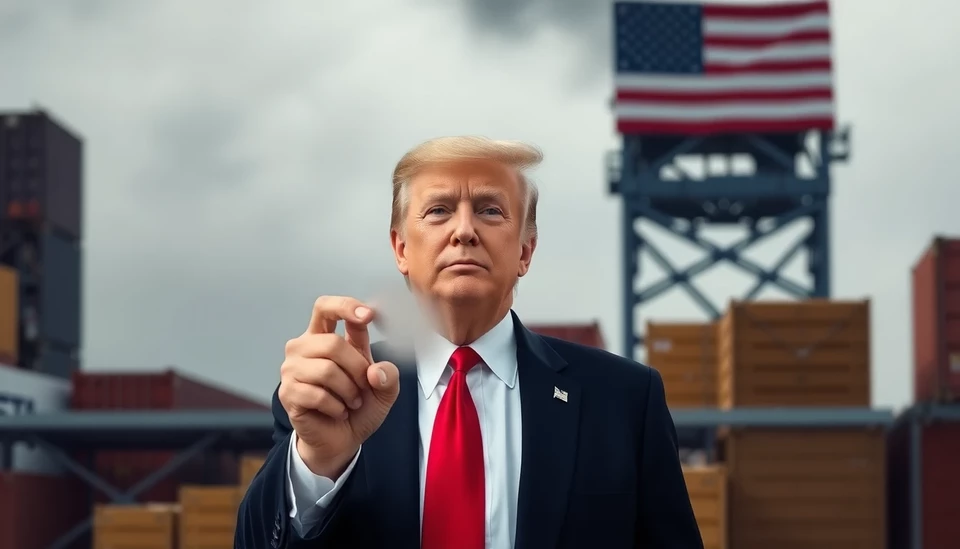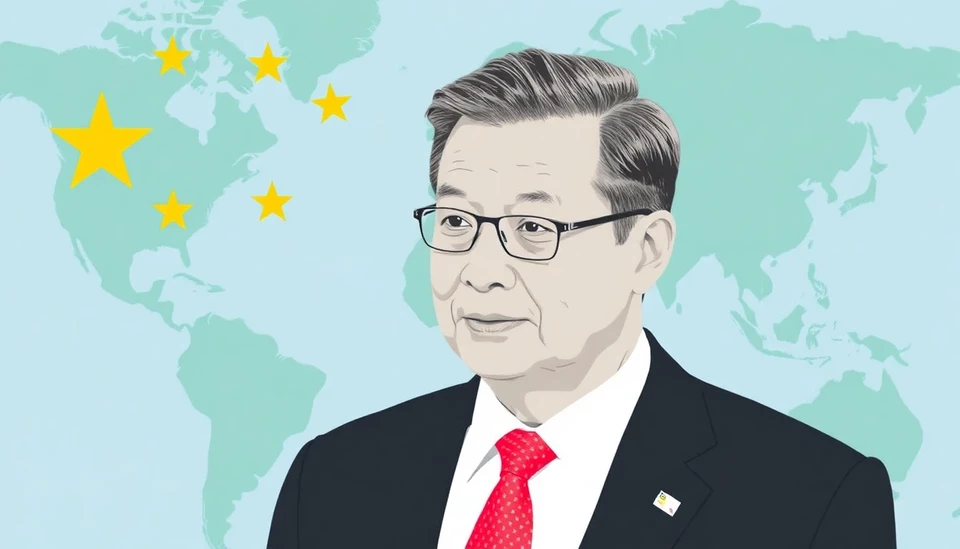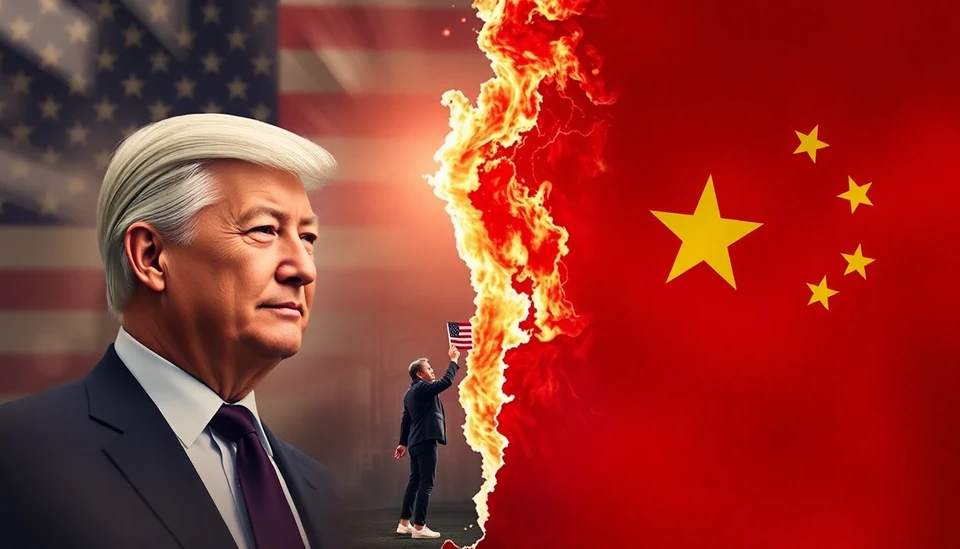
The economic policies implemented during Donald Trump's presidency, particularly his aggressive approach to tariffs, have sparked a heated debate among economists and political analysts about their lasting effects on the American economy. In a recent episode of a popular podcast, experts discussed the complex legacy of these trade wars, examining whether the tariffs will leave an indelible mark on the nation’s economic landscape.
During his tenure, Trump introduced tariffs on various imported goods, aiming to protect American manufacturing and reduce the trade deficit. However, this strategy has drawn criticism for potentially leading to higher prices for consumers and strained relations with key trading partners, which may have unintended consequences that could last well beyond his administration.
As the episode unfolded, guests highlighted the multifaceted nature of tariffs and their impact on different sectors of the economy. For instance, while tariffs are designed to support domestic industries by making foreign products more expensive, they can also backfire by increasing costs for industries reliant on imported materials. This results in a challenging paradox, where businesses may face increased operational costs that could hinder growth and innovation.
The podcast also delved into the geopolitical ramifications of Trump’s tariff policies, noting that the trade wars have reshaped relationships with traditional allies and global powers alike. The discussions revealed concerns that the long-term estrangement from global markets could diminish America’s role in international trade, affecting everything from diplomacy to economic stability.
Moreover, the episode addressed the current state of the U.S. economy and provided insights into how the repercussions of these tariffs might manifest in broader economic indicators, such as GDP growth and employment rates. Some experts posited that while the short-term effects might have provided a temporary boost to certain sectors, the potential long-term damage could outweigh these benefits, creating a precarious situation for future administrations.
Listeners were left contemplating whether the fiscal decisions made during Trump's presidency could lead to a permanent shift in the economic fundamentals of the United States. As stakeholders in various industries assess their strategies moving forward, the unresolved questions linger: Will the tariffs impose a lasting burden on American consumers and businesses? And how prepared is the U.S. to reintegrate into a rapidly changing global trade environment?
This informative episode invites the audience to consider not just the immediate implications of these tariffs, but rather their potential to reshape the future of American commerce and international relations for years to come.
In summary, as experts warn about the ramifications of a tariff-heavy policy, it becomes clear that, regardless of political changes, the economic landscape of the United States may never return to its pre-trade war state. The podcast serves as a critical reminder of the complexity surrounding trade policies and the need for careful deliberation in their formulation and implementation.
With these intricate issues at play, the conversation about the effects of Trump's tariff war continues, urging both economists and the public alike to keep a close watch on upcoming developments in trade policy and its repercussions.
#TariffWar #TradePolicy #TrumpEconomics #Geopolitics #AmericanEconomy #PodcastDiscussion #EconomicImpact
Author: Daniel Foster




